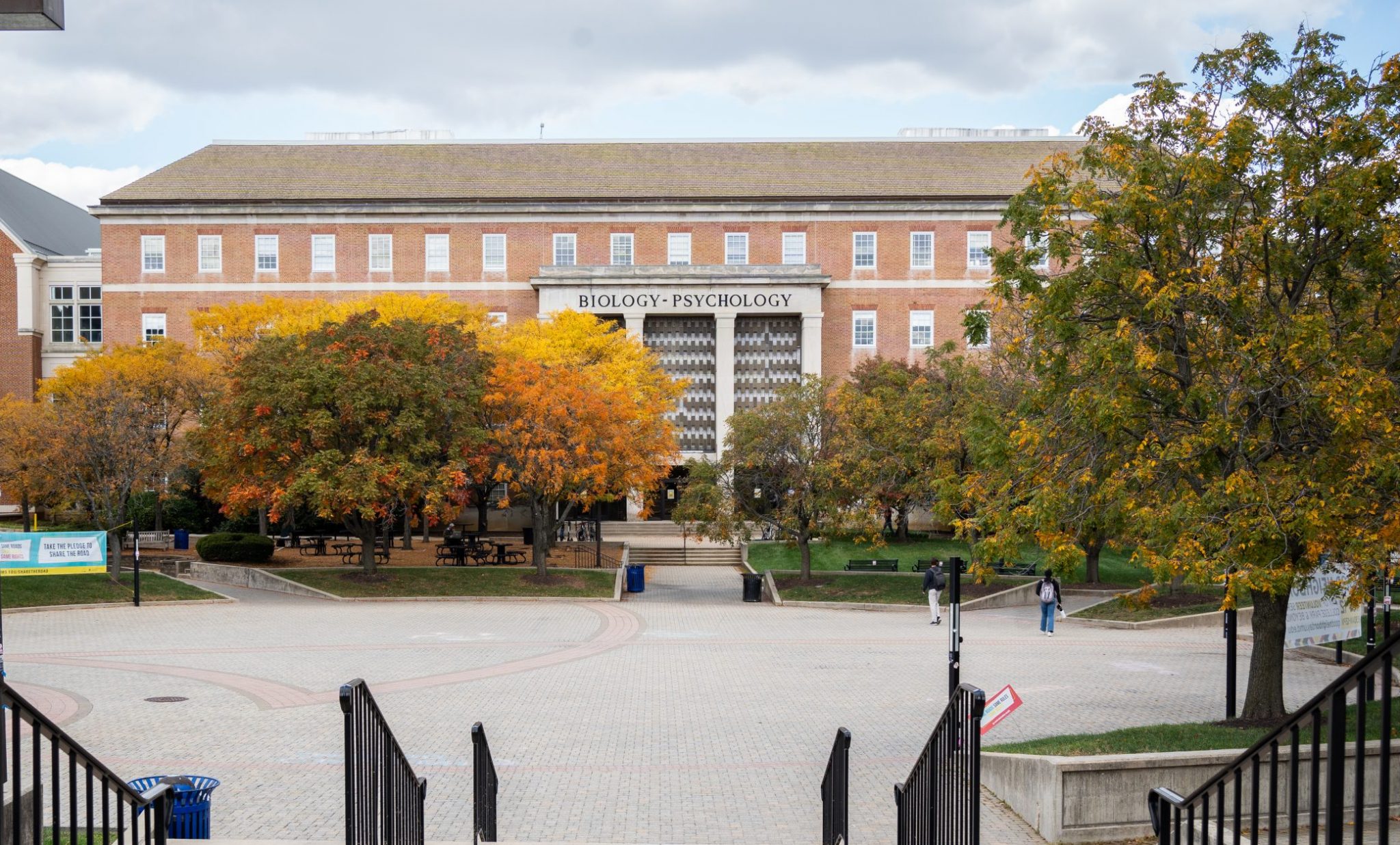Two University of Maryland faculty members are investigating a gene that might be the answer to understanding decision-making during relapse for individuals struggling with drug addiction.
Psychology professor and director of this university’s Neuroscience and Cognitive Science Program Matthew Roesch and assistant professor Anna Li are studying how manipulating the anterior cingulate cortex, a portion of the brain responsible for decision-making, in rats with a certain gene — histone deacetylase 5 — that affects their decision-making during relapse. They hope understanding the gene’s effects on rats will help shine a light on how the human brain works.
Roesch highlighted how understanding decision-making for individuals struggling with addiction could be crucial for their recovery process.
“These changes in decision-making are pretty important because you need to make good decisions if you’re an addict that’s trying to go through recovery,” he said.
Not only are those struggling with addiction faced with cravings and stress, but they also aren’t as well equipped to make decisions due to “drug-induced changes in decision-making circuits,” Roesch added in a written statement.
[Student outreach, reducing fees headline UMD SGA’s priority list]
The study consisted of two parts. Li, whose background is researching the neurobiology of relapse, hoped to understand the effects of the gene on rats during drug relapse. Then, with Roesch’s background in studying brain circuits and how different brain areas are involved in decision-making, the two researchers combined their findings to see how the gene impacts decision-making in particular.
Li found the gene in question plays a critical role in how neurons are modified during drug relapse in rat models.
“We found that manipulating each HDAC5 in the striatum can actually impair decision-making in drug-naive rats,” Li said.
Roesch and Li, who received a $1.9 million grant from the National Institutes of Health, also hoped to study how the brain’s anterior cingulate cortex functions and how it may help understand other diseases.
Roesch examined and recorded neuron activity while an animal was performing a behavioral task to gain insight into the dynamics of its brain.
“We kind of need to understand how the brain works to begin with before we could ever possibly understand what goes wrong with addiction, or schizophrenia or aging,” Roesch said.
[Maryland Club Climbing helps secure UMD’s first indoor rock climbing wall]
Other experiments Roesch and Li are investigating include utilizing the gene on cocaine-impaired rats to identify the brain signals that are changed by the drug and whether the gene could also help reverse or mitigate the drug’s effects.
While these mechanisms are far away from treating humans, they can explain what needs to be fixed in human brains that are compromised by chronic drug use, Roesch said.
Senior psychology major Kiana Goetze is hopeful that the findings of this research in the psychology and neurobiology fields will make a tangible impact on the medical industry.
“If we are able to contribute to medical treatments for addicts and other types of people that are having similar issues, then that would be a big step forward,” Goetze said.
CORRECTION: A previous version of this story misstated that people struggling with addiction are not as well equipped to make decisions because they have taken drugs to make optimal decisions. People struggling with addiction are not as well equipped to make decisions because of drug-induced changes in their decision-making circuits. This story has been updated.



